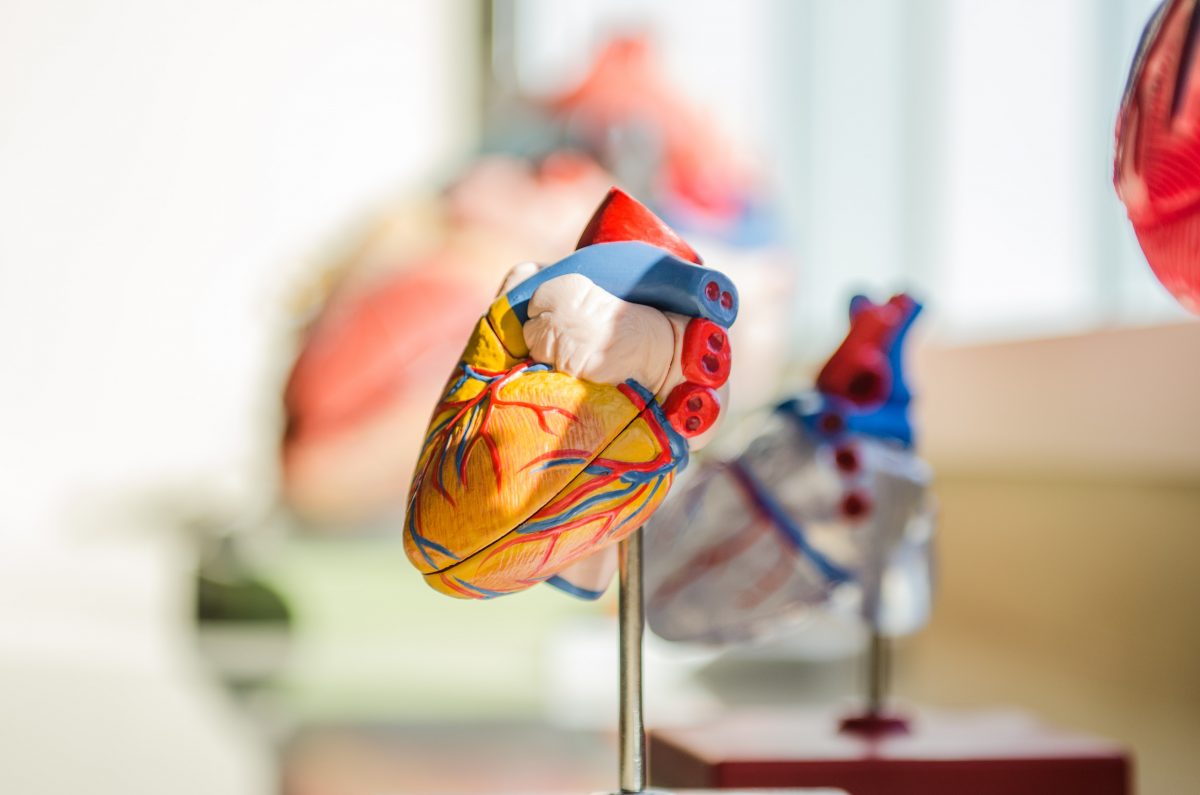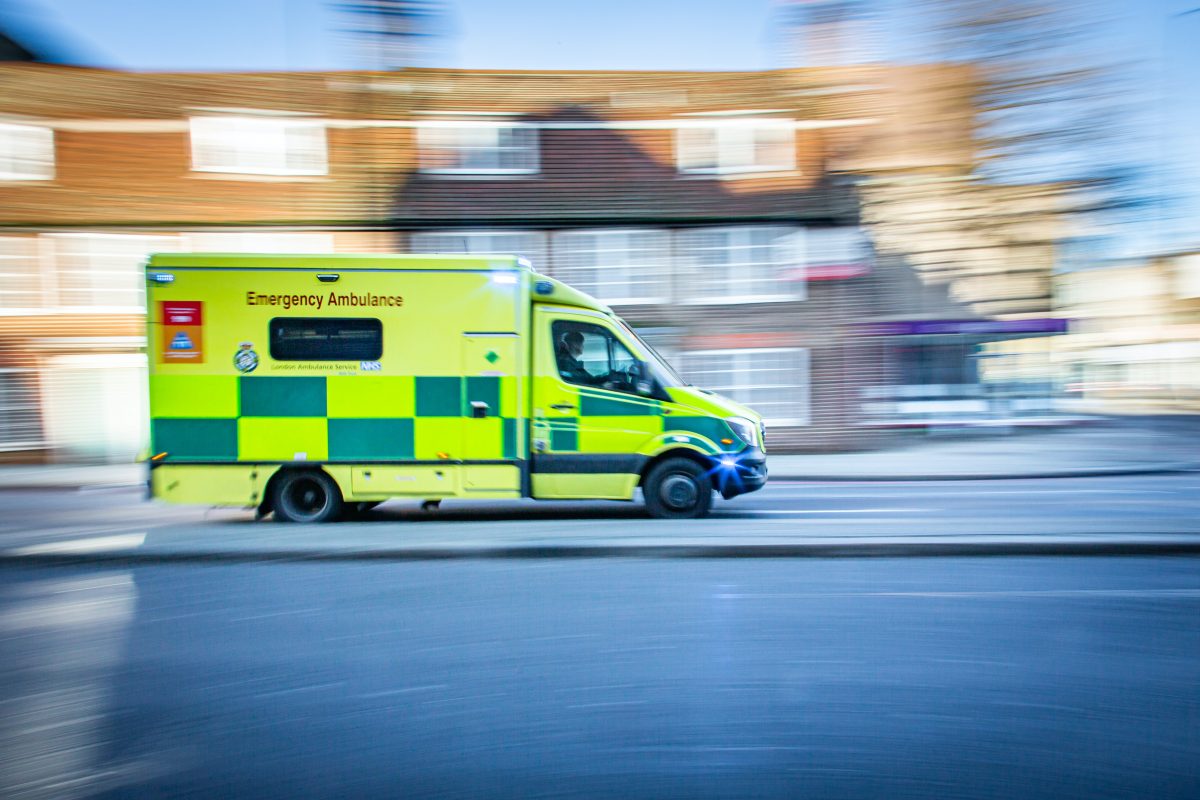What is a Heart Attack?
 A heart attack is a serious medical emergency in which the supply of the blood to the heart is suddenly blocked. This lack of blood may seriously damage the heart muscle and can be life threatening.
A heart attack is a serious medical emergency in which the supply of the blood to the heart is suddenly blocked. This lack of blood may seriously damage the heart muscle and can be life threatening.
Over time fat, cholesterol and other substances build up and form a plaque in the coronary arteries, sometimes this plaque can rupture which causes a blood clot that blocks the flow of blood.
Recognising a heart attack
Heart attack symptoms vary from person to person. They can include:

- pain or discomfort in your chest that happens suddenly and doesn’t go away
- pain that spreads to your left or right arm, or to your neck, jaw, back or stomach. For some people the pain or tightness is severe, while for others it’s uncomfortable. It may feel like heaviness, or a burning pain similar to indigestion
- feeling sick, sweaty, light-headed or short of breath.
- A feeling of impending doom, as if something bad is about to happen
It’s possible to have a heart attack without experiencing all these symptoms, and it’s important to remember everyone experiences pain differently. This is common in the elderly or people with diabetes, as the condition can cause nerve damage which affects how you feel pain.
Women and Heart Attacks (sourced from BHF)
Should you decide to attend one of our first aid training courses, we will touch on further complications women may have when receiving first aid, especially from men, it is however a common misconception that women experience different heart attack symptoms than men. Coronary heart disease (CHD) which is the medical term for the conditions that can cause a heart attack kill more than twice as many women in the UK every year and is the single biggest killer of women worldwide. Despite this it is still often considered a man’s disease.
There are more than 800,000 women in the UK living with CHD, 35,000 women are admitted to hospital following a heart attack each year in the UK – an average of 98 women per day, or 4 per hour.
What to do in an emergency
 If you suspect that you, or anyone else is having a heart attack it is important to stay calm.
If you suspect that you, or anyone else is having a heart attack it is important to stay calm.
Call 999 for an ambulance.
If the person is over 16 and they are not allergic they could chew 300mg of aspirin.
Sit down, or sit the person down, preferably on the floor with their back against a wall and their knees raised (the W position)
Stay with the person until the ambulance arrives to make sure their condition does not deteriorate.
How is a heart attack treated?
Quick treatment to get the blood flowing to your heart muscle again is important. This can reduce the amount of permanent damage to your heart and save your life.
Many people need to have emergency treatment to restore the blood flow:
- Coronary angioplasty re-opens the blocked coronary artery by inserting one or more stents. This helps keep the narrowed artery open.
- Thrombolysis involves giving you ‘clot-busting’ medicine to dissolve the blood clot that’s blocking the coronary artery.
- Coronary bypass surgery helps to restore normal blood flow by using a blood vessel from your leg, arm or chest in your heart to bypass the blocked artery.
You might not have these treatments if your doctor decides it’s not safe or necessary.
Reducing the risk of a heart attack
There are many things you can do to be healthier and reduce your risk:
- eat healthily
- be physically active
- keep to a healthy weight and lose weight if necessary
- don’t smoke
- cut down on alcohol
- control high blood pressure
- control cholesterol levels
- control blood sugar levels (if you have diabetes).
Risk factors you can’t control include:
- family history
- a previous heart attack
- age.
Everyone aged between 40-74 is eligible for a free NHS Health Check in England. If you have a family history of heart and circulatory disease, it’s important to let your GP know and arrange a health check.
Written by Neil Ward, Training Consultant at WA Management.
Serious medical emergencies like heart attacks can effect anyone. WA Management provides First Aid training on this condition and many others so that you are equipped to help your colleagues in an emergencies. If you would like to have First Aid training on this condition or any others, get in touch with us so we can arrange the First Aid course best for you!

